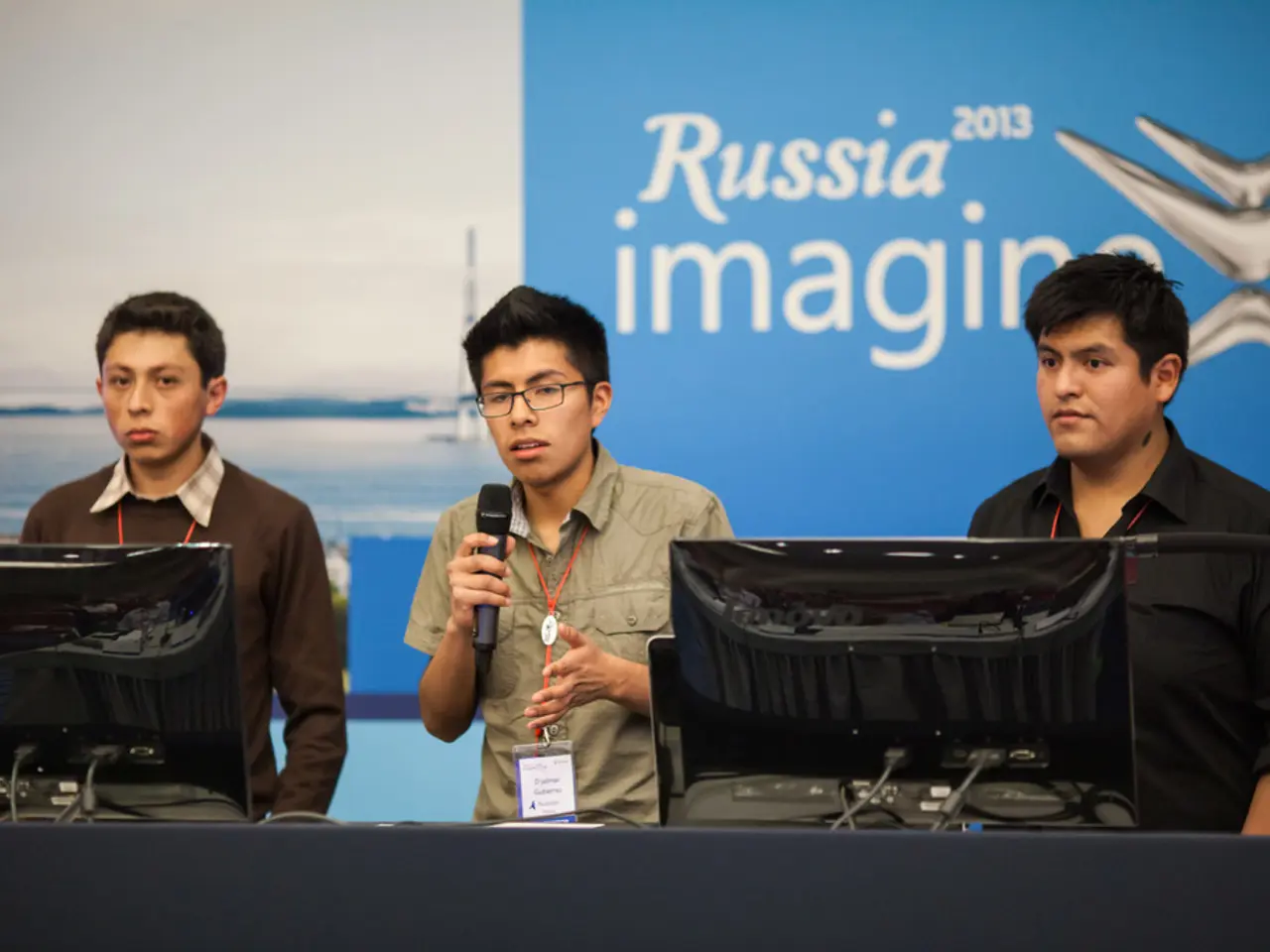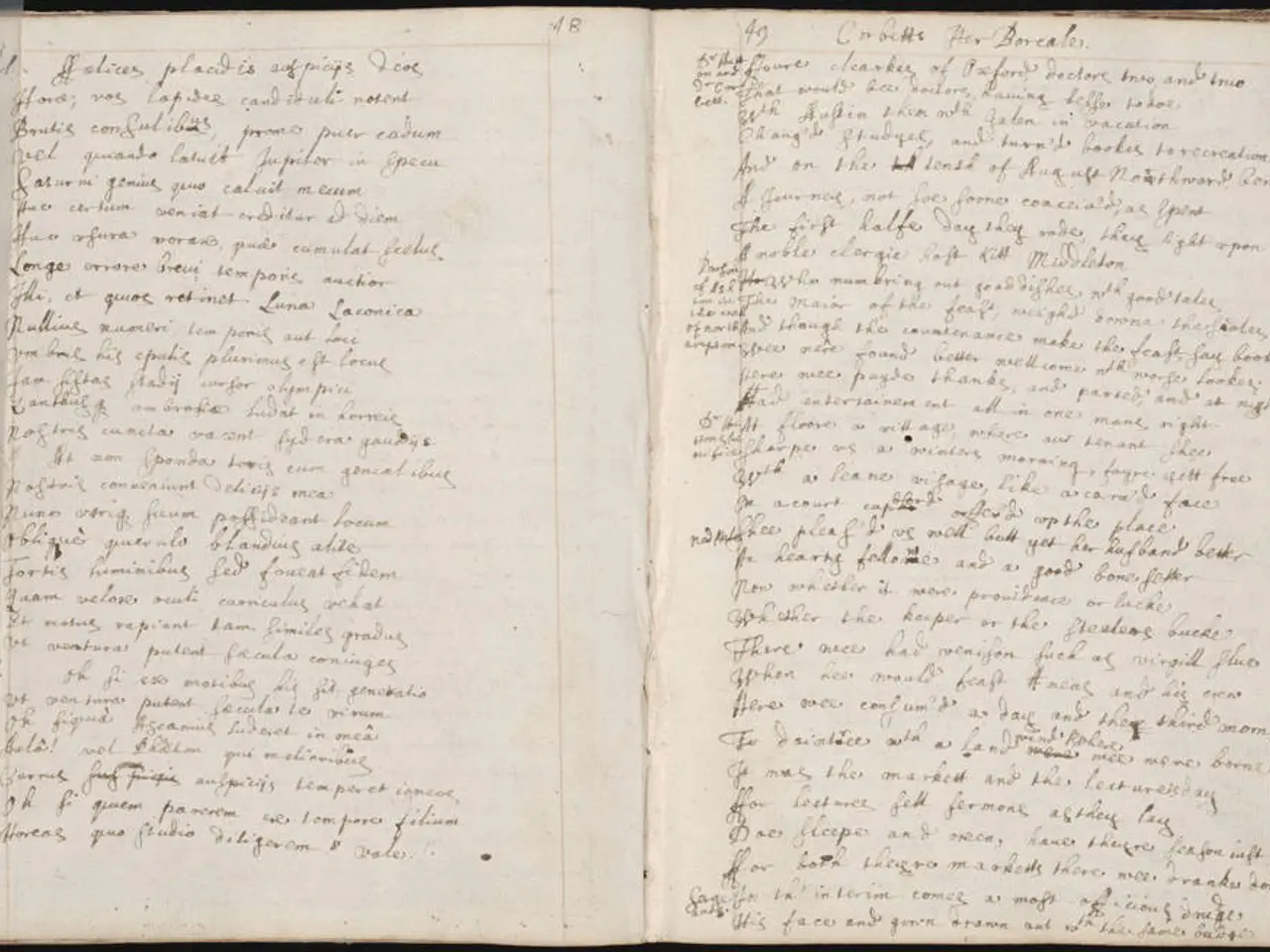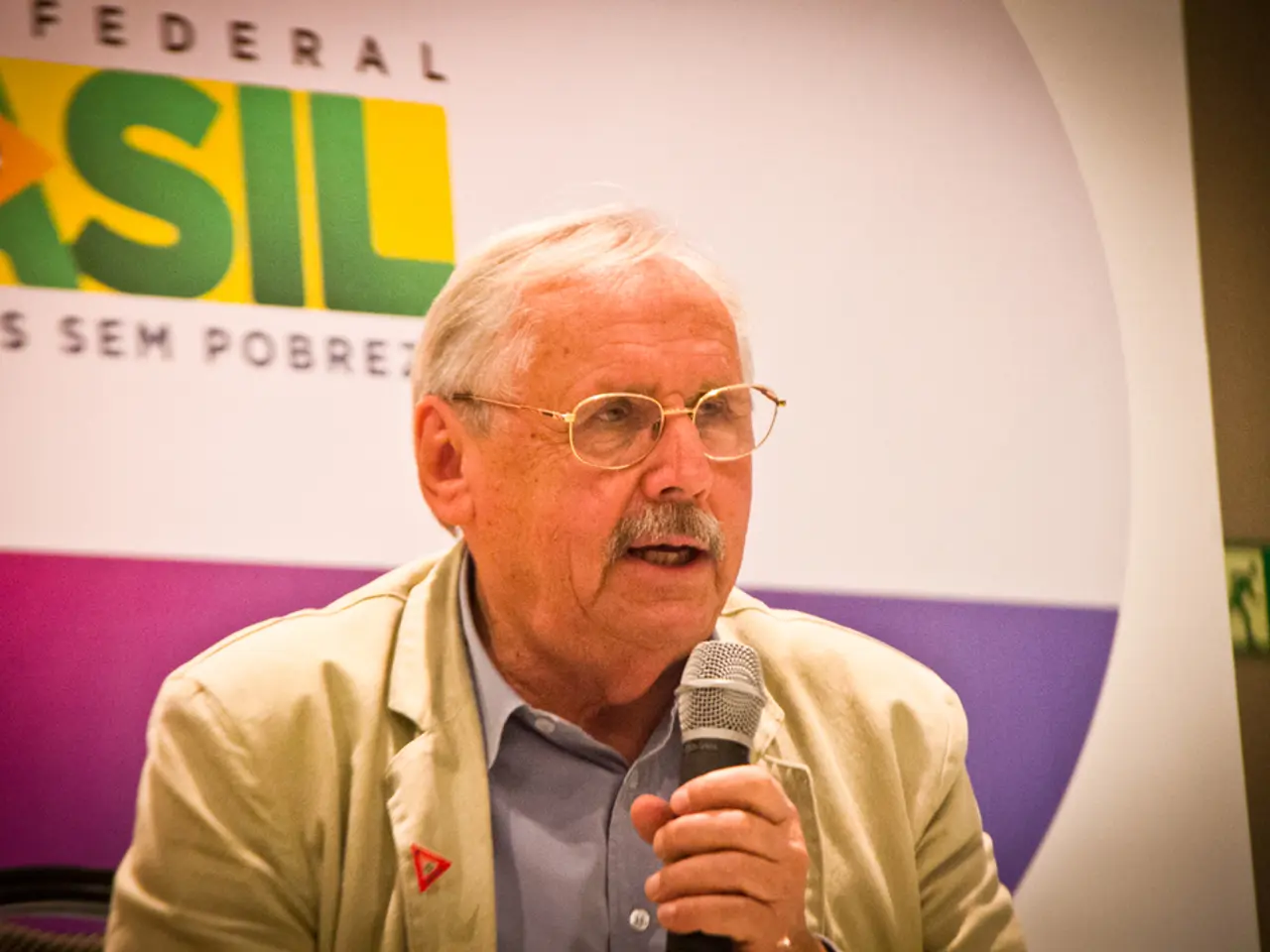EU lawmakers urge the Commission to expedite the execution of the EU's nuclear technology plan.
Three years have passed since Russia's invasion of Ukraine, and the prospects for a just and negotiated peace remain uncertain and stalled. The conflict, marked by complex diplomatic dynamics and ongoing military conflict, continues to unfold, with renewed negotiations and failed attempts at a breakthrough.
In early 2025, renewed negotiations took place, including a 30-day partial ceasefire agreed by Ukraine in March, following the suspension of some U.S. military aid. However, these talks were short and failed to produce a significant breakthrough, though agreements on prisoner exchanges and continued dialogue were reached. Further rounds in May and June 2025 involved exchange of peace proposals by both sides, but Russia’s proposals reportedly show little willingness to compromise. Direct talks between Presidents Zelenskyy and Putin have been repeatedly proposed by Ukraine but have yet to materialize.
Russia blames stalled progress on Ukraine and U.S. mediation, with Russia favoring a limited 2–3 day truce for practical reasons, while Ukraine and Western partners demand an unconditional ceasefire. Despite the deadlock, Russia remains open to additional talks, possibly hosted again in Istanbul, with Turkish mediation efforts ongoing. U.S. involvement is ambiguous; former President Trump, now in office, has reportedly suggested letting the conflict continue for a while before attempting peace, and has threatened tough measures if talks fail but so far has not imposed promised sanctions on Russia.
Public support for peace negotiations exists but is divided: as of mid-2025, 64% of Russians support peace talks versus 51% of Ukrainians. Military and geopolitical factors, including ongoing Russian advances in southeast Ukraine and intensified attacks on civilians, continue to complicate the environment for negotiations.
Ukrainian leadership remains firm on the need for direct talks and an unconditional ceasefire, emphasizing international guarantees and security assurances against future aggression. Russia’s unwillingness to compromise on key demands and insistence on limited ceasefires create an impasse, while U.S. and Western support remains crucial but inconsistent, influencing Ukraine’s negotiating position and leverage.
Without a clear breakthrough in dialogue or significant shifts in battlefield dynamics or international mediation, prospects for a comprehensive and just peace agreement remain dim in the near term. The situation remains fluid, with international diplomatic engagement and battlefield developments likely to be decisive in shaping any progress.
Josef Neumann, an SPD state parliamentarian and a mayoral candidate in Solingen, Germany, has been actively involved in aid efforts for people in Ukraine and refugees in Germany. On the anniversary of the invasion of Ukraine by Russia, Neumann made a statement in remembrance of the war of aggression brought upon Ukraine, expressing his unwavering solidarity with all Ukrainians affected by the war. Neumann emphasized the right of Ukraine to a just peace, achieved collectively, not unilaterally by Putin or Trump. He made one of the first trips to Ukraine after the war began and continues to remember the injured and killed children in Ukraine, as well as the suffering of the people in Ukraine. Neumann's statements suggest a continued commitment to supporting Ukraine and extending solidarity to all Ukrainians affected by the war.
Effective negotiations amid the war-and-conflicts between Russia and Ukraine, as well as the United States' involvement, continue to be a contentious aspect of politics, with talks ongoing despite failed attempts at a significant breakthrough. General news highlights the divided public support for peace in both countries and the ongoing military advancements and attacks on civilians, which complicate the negotiations.





